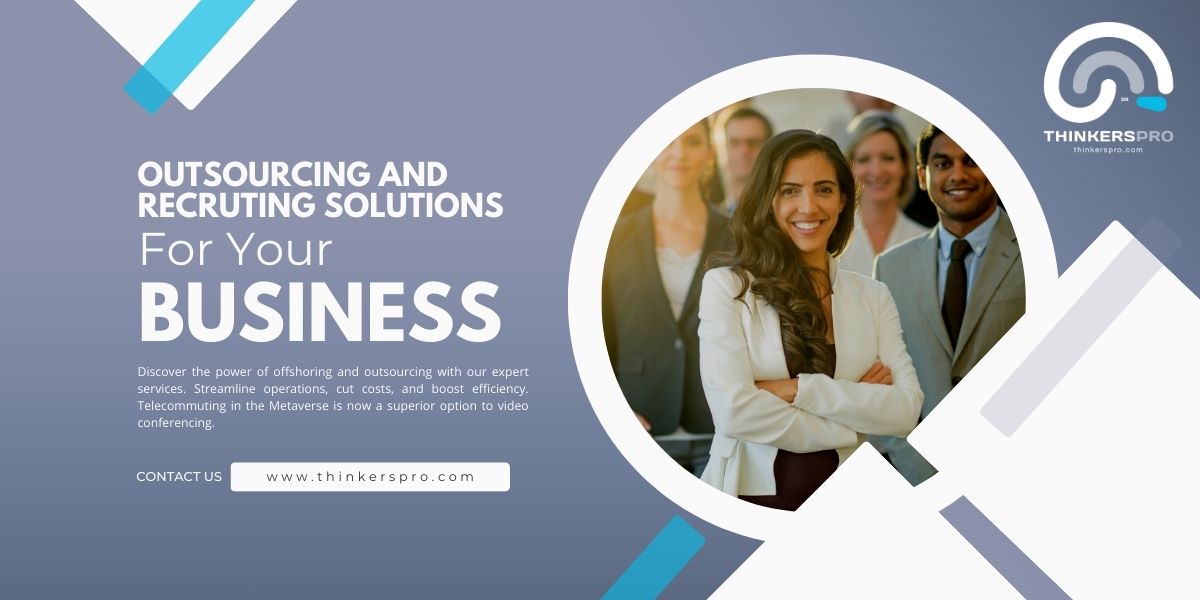Enhancing Operational Efficiency
In the high-stakes realm of legal services, operational efficiency is paramount. Tailored HR solutions empower legal practices to automate routine tasks, freeing up valuable time for case work and client consultations. By implementing bespoke systems, law firms can manage their talent pool more effectively, ensuring the right people are in the right roles, thus boosting productivity.
- Automating recruitment and onboarding procedures
- Custom performance management systems
- Advanced scheduling tools for flexible work arrangements
Ensuring Legal Compliance
The legal industry is governed by a plethora of regulations, and non-compliance can lead to severe repercussions. Customized HR solutions aid in navigating this regulatory maze with ease. They help in maintaining precise records, updating policies in real-time, and training staff on the latest legal mandates. Law firms benefit immensely from HR platforms that are specifically designed with the legal sector’s compliance needs in mind.
Fostering a Positive Work Environment
Legal professionals often work under immense pressure, and a supportive work environment can significantly impact their performance and well-being. Tailored HR solutions help in crafting policies that promote work-life balance, aid in conflict resolution, and encourage professional growth. By focusing on employee satisfaction, law firms not only retain top talent but also foster a more collaborative and productive workplace culture.
- Personalized employee development programs
- Stress management workshops tailored to the demands of legal work
- Mentoring and support systems for junior legal staff
Understanding the Unique HR Challenges Faced by Legal Firms
Legal firms operate in a unique intersection of business, law, and high-stakes client services, leading to distinct challenges within their Human Resources (HR) departments. Navigating the delicate balance between high-pressure client expectations, the confidential nature of legal proceedings, and maintaining a workforce that is both highly specialized and adaptable, necessitates a deep dive into the HR hurdles that are unique to the legal profession.
Recruitment and Retention of Top Talent
One of the primary concerns for legal firms is the recruitment and retention of top-tier talent. The legal industry’s competitive landscape demands that firms not only attract but also maintain a roster of high-caliber legal professionals. This includes lawyers, paralegals, and support staff who can navigate complex legal systems with expertise and precision. Law firms are faced with looking beyond traditional incentives and crafting comprehensive value propositions that address work-life balance, ongoing professional development, and pathways to partnership, which are of premium importance to today’s workforce.
Managing Billable Hours and Workload Distribution
In the legal field, billable hours and workload distribution are crucial factors that impact both firm profitability and employee well-being. HR departments must strategically manage work allocations while also ensuring that employees are not overburdened, leading to burnout or decreased job satisfaction. Balancing the demands of clients and the capabilities of staff requires vigilant workforce planning and the implementation of effective time management practices within the firm.
Navigating Diversity, Equity, and Inclusion
As society places increasing value on diversity, equity, and inclusion (DEI), legal firms are under intensifying pressure to foster a workplace culture that reflects these principles. Efforts to build and maintain a diverse workforce and an equitable environment are not merely about compliance; they are about enriching the firm’s perspective, decision-making, and ultimately the quality of service provided to clients. HR must spearhead programs and initiatives that promote DEI, not only to adhere to ethical standards but also to resonate with a broader client base and attract diverse talent in a competitive market.
Strategies for Implementing Effective HR Solutions in Legal Practices
Understanding HR Challenges Unique to Legal Practices
Legal practices face a unique set of HR challenges, from maintaining confidentiality to navigating the complexities of legal compliance. Addressing these challenges starts with a clear understanding of the specific needs within the legal profession, such as high levels of stress, long hours, and a competitive work environment. Implementing tailored HR solutions that support work-life balance, promote mental health, and foster a positive workplace culture is crucial. By providing ongoing training and support for lawyers and staff, legal practices can cultivate a knowledgeable and resilient workforce.
Streamlining Recruitment Processes
Recruitment in the legal field should focus not just on technical skills but also on a candidate’s ability to thrive in the demanding legal environment. Streamlining recruitment processes to be more efficient can help legal practices attract top-tier talent. One effective solution is leveraging online platforms for job postings and utilizing software that can pre-screen applications for necessary qualifications, ensuring that only the most suitable candidates progress to the interview stage.
Adopting Technology for HR Management
Embracing technology in HR management can facilitate a higher level of efficiency in a legal practice. With solutions like digital employee onboarding, performance management systems, and secure document handling, HR tasks can be handled more effectively, allowing legal professionals to focus on their clients. It’s essential to choose HR software that complies with data protection laws, ensuring that client and employee information remains confidential and secure.
Optimizing Performance Evaluation
Regular performance evaluations are key to the growth and development of legal teams. Implementation of HR technology can provide a more consistent and equitable process for evaluating lawyers and support staff alike. By using digital tools to track performance metrics, practices can offer transparent feedback and set clear goals for improvement, leading to enhanced productivity and job satisfaction.
Building a Supportive Work Environment
The legal sector’s demanding nature often leads to burnout and high staff turnover. Creating a supportive work environment is an essential HR strategy for retention. This includes recognizing the achievements of the team, offering flexible working arrangements, and facilitating a collegial atmosphere. HR should actively promote wellness initiatives and encourage open communication to address workplace challenges promptly and effectively.
Enhancing Employee Relations and Engagement
Employee engagement is critical to the success of any legal practice. To foster a strong sense of community and belonging, HR professionals can organize team-building activities and create channels for employees to voice their opinions and ideas. Encouraging collaborative work practices and setting up mentorship programs can also lead to more cohesive and engaged teams.
Incorporating Diversity and Inclusion in HR Policies
Diversity and inclusion are not just ethical imperatives but also strategic advantages for legal practices. HR solutions that focus on creating an inclusive culture contribute to a more dynamic and innovative workforce. This involves implementing unbiased recruitment protocols, providing diversity training programs, and ensuring equal opportunities for professional development for all employees, irrespective of their background.
Promoting Workforce Diversity
An inclusive recruitment strategy ensures a diverse workforce, bringing different perspectives to the table that can enhance problem-solving and client service. HR policies should be geared towards eliminating biases in hiring and promoting practices while providing a safe and welcoming environment for all employees.
How Leading Legal Firms Benefit from Tailored HR Solutions
In the competitive world of law, staying ahead is not just about legal expertise but also involves managing personnel effectively. Tailored HR solutions provide leading legal firms with the tools they need to streamline their human resource management. These specialized strategies can lead to a robust workforce, with a direct impact on performance and client satisfaction.
Enhanced Recruitment and Onboarding Processes
For a legal firm, the calibre of its lawyers and supporting staff can significantly affect its reputation and service quality. Tailored HR solutions facilitate the development of sophisticated recruitment strategies designed to attract top talent. Enhanced onboarding processes ensure that new hires are integrated into the firm’s culture seamlessly, setting the stage for their success and, in turn, the success of the firm.
Streamlined Administrative Tasks
Administrative efficiency is critical for the smooth functioning of any legal enterprise. Custom HR systems automate many of the day-to-day tasks such as time-tracking, benefits management, and regulatory compliance. This level of streamlined administration allows lawyers to devote more time to their clients and cases, rather than getting bogged down by paperwork. The result is a more agile firm that can adapt to the dynamic demands of the legal landscape.
Strategic Performance Management
A skillfully implemented HR solution includes tools for effective performance management. Continual performance evaluation and feedback mechanisms help in identifying areas for improvement and in recognizing exemplary performance. This leads to a more motivated workforce with aligned goals, and a firm that operates at peak efficiency.
Innovative HR Solutions for Your Legal Firm: Taking the Next Steps
As a legal firm grappling with the intricacies of case law and client demands, it’s essential to have an HR framework that mirrors your commitment to excellence. Innovative human resources solutions can transform your firm, propelling you toward streamlined operations, higher employee engagement, and sustained growth. In this exploration, we will delve into the kind of next steps your legal firm can take to harness the full potential of modern HR practices.
Embracing Technology for HR Efficiency
Legal firms are increasingly turning towards technology to elevate their HR functions. The adoption of Human Resources Management Systems (HRMS) is a monumental step in the right direction. An HRMS can automate routine tasks such as attendance tracking, benefits administration, and compliance with legal standards. By using these systems, your firm can reduce manual errors, save time, and focus on strategic HR initiatives that contribute to your firm’s vision.
Hybrid Work Models and Flexible Schedules
The legal industry is not immune to the growing demand for work flexibility. To attract top talent and retain current employees, legal firms should consider hybrid work models that blend in-office and remote work. Not only does this present a significant shift from the traditional legal work environment, but it also signals to your employees that you value their work-life balance, ultimately leading to an energized and more productive workforce.
Continuous Learning and Development
Continuous improvement is at the core of any successful legal practice. Implementing regular training programs for your staff ensures that your team stays up-to-date with the latest legal trends, technologies, and best practices. A commitment to professional development is a cornerstone of innovative HR, fostering a culture of growth and excellence within your firm.
Data-Driven Decision Making
In today’s digital age, data reigns supreme. Legal firms that leverage HR analytics to make informed decisions are poised for success. By analyzing data related to recruitment, performance, and employee satisfaction, your firm can identify areas for improvement and implement targeted solutions. Embracing a data-driven approach in HR practices ensures that your strategies are aligned with your firm’s objectives and improves overall decision-making processes.













0 comentarios